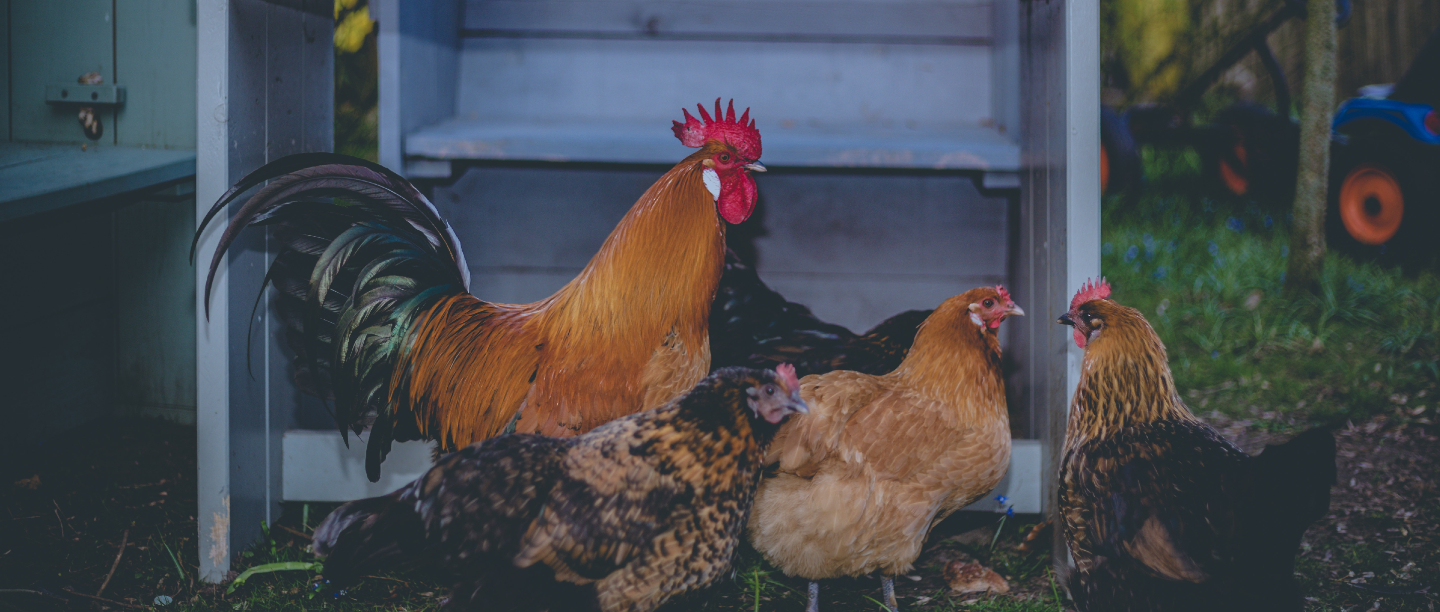
While the world is still dealing with COVID-19, a recent outbreak of Avian Influenza, commonly known as bird flu, has caused panic among citizens in India. And with panic comes fake news and the spread of false information. Several people have stopped consuming chicken and eggs–an important source of protein and other nutrients–in fear of contracting the H5N1 virus.
To dispel these fears, we spoke to Dr Meenakshi Jain, Associate Director of Internal Medicine at Max Super Speciality Hospital, about what Avian flu is, how it affects us, and the precautions we should take to avoid it.
What Is Avian Influenza?
According to Dr Jain, Avian flu is an influenza virus that affects birds. The virus has been around for a long time and the most common strain in India is the H5N1 virus. “If a bird is infected, it can transmit the virus to other birds. If an infected bird is in close contact with a human being, the virus can transmit to them as well. This can further leads to human-to-human transmission,” she said in a telephonic conversation with POPxo.
Dr Jain said that Avian flu is mostly noticed in wild birds, but it can affect domestic birds as well. So how does a human contract the virus? While the H5N1 is extremely contagious, it is not easy for humans who have no contact with birds to get it. Dr Jain explained, “To humans, the virus spreads through the bird’s bodily secretions, like faeces, mucus, tears and urine. So unless you work in close contact with birds, like butches or poultry farm owners, the chances of you contracting H5N1 are extremely slim”.
And how severely does the virus affect human beings, if contracted? Dr Jain said that H5N1 is like any other influenza virus, and the symptoms are similar to the common flu: cold, cough, sore throat, abdominal pain, and in extreme cases it may cause pneumonia and severe acute respiratory illness. The treatment, she added, also comprises of the same anti-viral medication that patients with other forms of influenza are treated with.
So Is It Safe To Consume Poultry & Its Products?
Pexels
That entirely depends on how you cook your food. “The virus does not survive beyond a temperature of 70 degree Celcius. If your chicken, eggs and other poultry products are cooked above this temperature, there are no chances of transmission to human beings. Just make sure your food is extremely well cooked.”
The Directorate General of Health Services (DGHS) of Delhi on Thursday also released an advisory on the consumption of poultry in view of the spread of bird flu. The advisory urged citizens to follow a list of dos and don’ts, which included including not consuming half-cooked chicken, half-boiled or half-fried eggs.
“Eat only completely cooked eggs and poultry products cooked at 70 degree Celsius for 30 minutes. Do not consume half-cooked chicken or bird or half-boiled and half-fried eggs,” the advisory said
“H5N8 is highly pathogenic in birds but the pathogenicity in humans as well as the likelihood of human infection with avian influenza (AH5N8) virus is low,” the advisory stated.
“Avoid contact and prevent exposure from sick-looking sluggish chicken. Avoid direct contact with bird secretions and droppings,” it further stated. The health department also added that bowls used for feeding birds, and their cages should be washed properly with soap or detergent.
The bottom line? Cook your food well, wash your hands and don’t fall for fake news.
Featured Image: Pexels